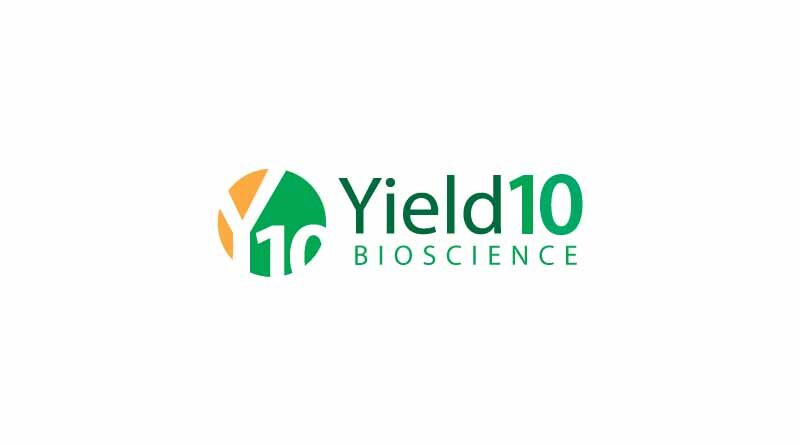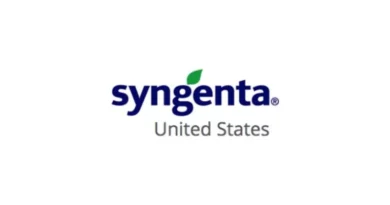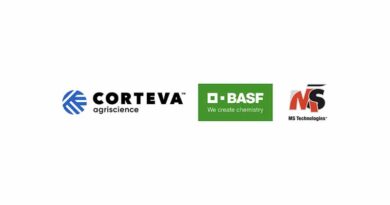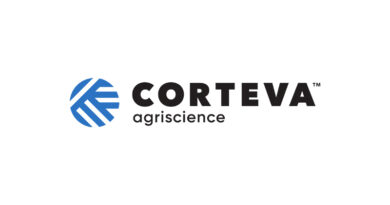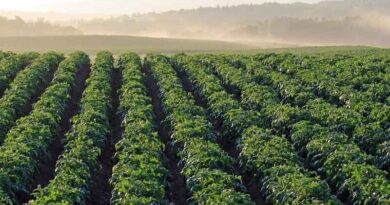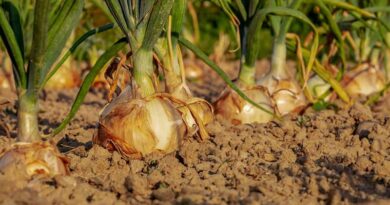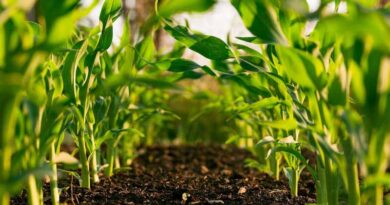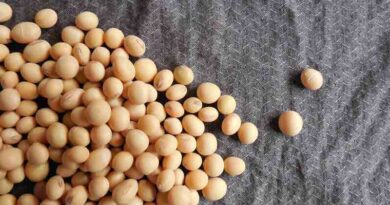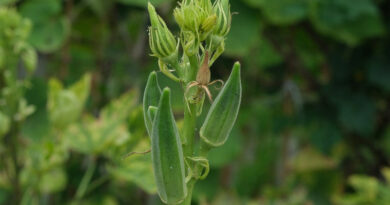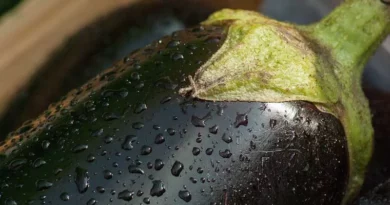Yield10 Bioscience Begins 2021 Field Test and Seed Scale Up Program
14 July 2021, Woburn: Yield10 Bioscience, Inc. (Nasdaq: YTEN), an agricultural bioscience company, today announced it has completed planting of its 2021 Field Test and Seed Scale Up program at all contracted sites in the United States, Canada, and Argentina.
Yield10’s 2021 Field Test program is designed to test several varieties of elite Camelina, as well as seed yield and oil content traits. In addition, Yield10 has contracted with a seed company for scale up of three Camelina varieties to enable larger scale plantings in 2022. With increasing focus on Camelina products, Yield10 is completing initial field testing of a promising CRISPR-edited trait which has shown up to a 4% increase in seed oil content plus a positive impact on seed yield in canola. Yield10 expects that harvest of seeds across the field tests will be completed in third quarter 2021, and that data will be received starting in fourth quarter 2021.
Also Read: Remote control for stomatal movement
“Our 2021 field program is our most extensive program to date, involving 16 locations, and is expected to generate data to guide the advancement of our novel traits,” said Dr. Kristi Snell, Ph.D., Chief Science Officer of Yield10. “We are also conducting seed scale up activities with three Camelina lines intended to enable future planting at the 100-to-1000-acre scale, as well as for producing oil and meal for customer sampling. The objective for our field testing and seed scale up program is to build an industry leading elite Camelina germplasm, and to further differentiate our Camelina using proprietary traits. We believe these traits have the potential to enhance the value of the crop by increasing seed yield and oil content and by producing value-add products including omega-3 nutritional oil and PHA bioplastic.”
Yield10 2021 Field Test and Seed Scale Up Program Summary:
- Elite Camelina Germplasm: Yield10 is evaluating over 20 base germplasm lines including wildtype, doubled haploid, herbicide tolerant and disease resistant varieties at more than 10 sites across the U.S., Canada, and Argentina. Yield10 is also conducting a multi-acre scale up of a doubled haploid Camelina line and a disease resistant Camelina line in the U.S. under a collaboration with a seed company.
- Camelina/CRISPR E3902: Yield10 is conducting a multi-acre scale up of CRISPR genome edited trait E3902 in the U.S., as E3902 has demonstrated consistent increases in oil content in the field over the previous two growing seasons. USDA-APHIS does not consider this line to be regulated pursuant to 7 CFR part 340.
- Camelina/C3014 and C3015 (PHA): Yield10 is scaling up its two best PHA Camelina lines at sites in the U.S. and Canada. Yield10 designed traits C3014 and C3015 to produce PHA bioplastic as a third seed product in Camelina. Results of field tests in 2020 achieved a proof-of-concept milestone for a plant-based route of production for PHA.
- Canola/CRISPR: Yield10 is evaluating canola lines with a CRISPR genome-edited trait which has shown an increase in oil content in canola. In recent greenhouse studies, this trait has resulted in a 4% increase in seed oil production plus increased seed yield. This trait is being tested in the U.S. with a seed company. USDA-APHIS does not consider this line to be regulated pursuant to 7 CFR part 340.
- Camelina/Novel Yield Traits: Yield10 will test additional novel performance traits generated using the Company’s GRAIN platform in the 2021 Field Test program at sites in the U.S. and Canada.
During these field tests, Yield10 is monitoring key agronomic and growth parameters of the plants throughout the growth period. Yield10 also plans to evaluate seed yield, oil content, PHA content, and/or other parameters of the traits as appropriate after seed harvest. The field tests are designed to generate data on the performance of the novel traits under field conditions, and to advance the development of the traits toward commercialization.
The seed scale up program is designed to generate field-grown seed for subsequent field studies as well as to build seed inventory to enable planting at increasing scale. In addition, seed from the program may be used to produce meal, oil, and PHA for customer sampling and other business development purposes.

